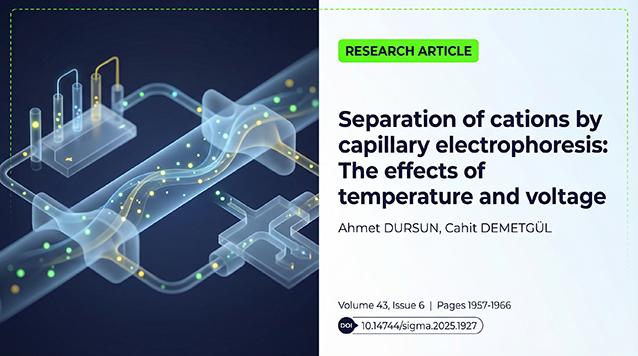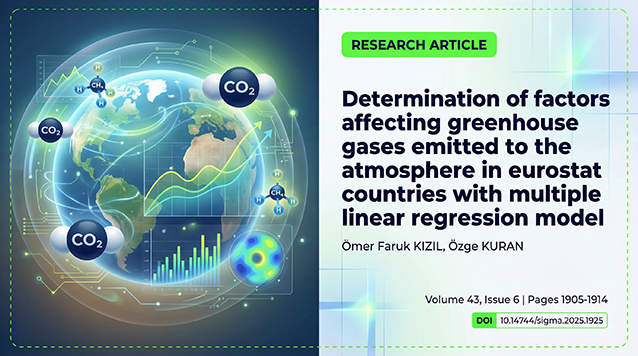Abstract
The purpose of this research is to precisely model the intricate dynamic behavior of graphene-based nano/microelectromechanical systems, which is challenging because of the strong nonlinearities in these systems. To improve their performance in advanced applications like sensors, resonators, and actuators, it is essential to accurately predict their oscillatory responses. To overcome these limitations, we propose a hybrid computational technique called morlet wavelet neural network integrated with particle swarm optimization hybrid with neural network algorithm. The proposed approach integrates the morlet wavelet neural network to approximate system dynamics, and particle swarm optimization combined with a neural network algorithm to optimize the weights and biases of the methodology via a specially constructed fitness function or objective function. The suggested algorithm's efficiency is determined through three case studies of graphene models. Moreover, statistical investigation is conducted to measure correctness and convergence using metrics such as Theil's inequality coefficient, mean square error, and mean absolute deviation. The error values range from 〖10〗^(-3)to 〖10〗^(-8) indicating great accuracy and robust convergence of the proposed algorithm. The results presented a powerful and reliable tool for capturing the nonlinear dynamics of the graphene system, making it valuable for future design and control of nano/microelectromechanical devices. The novelty of this research is that it combines a hybrid optimization algorithm with a wavelet-based neural framework to improve approximation accuracy and learning efficiency. This algorithm offers a new concept in the modeling of complex nanoscale systems and achieves significantly better performance through this hybridization than previous studies that use purely analytical models or traditional neural networks.















